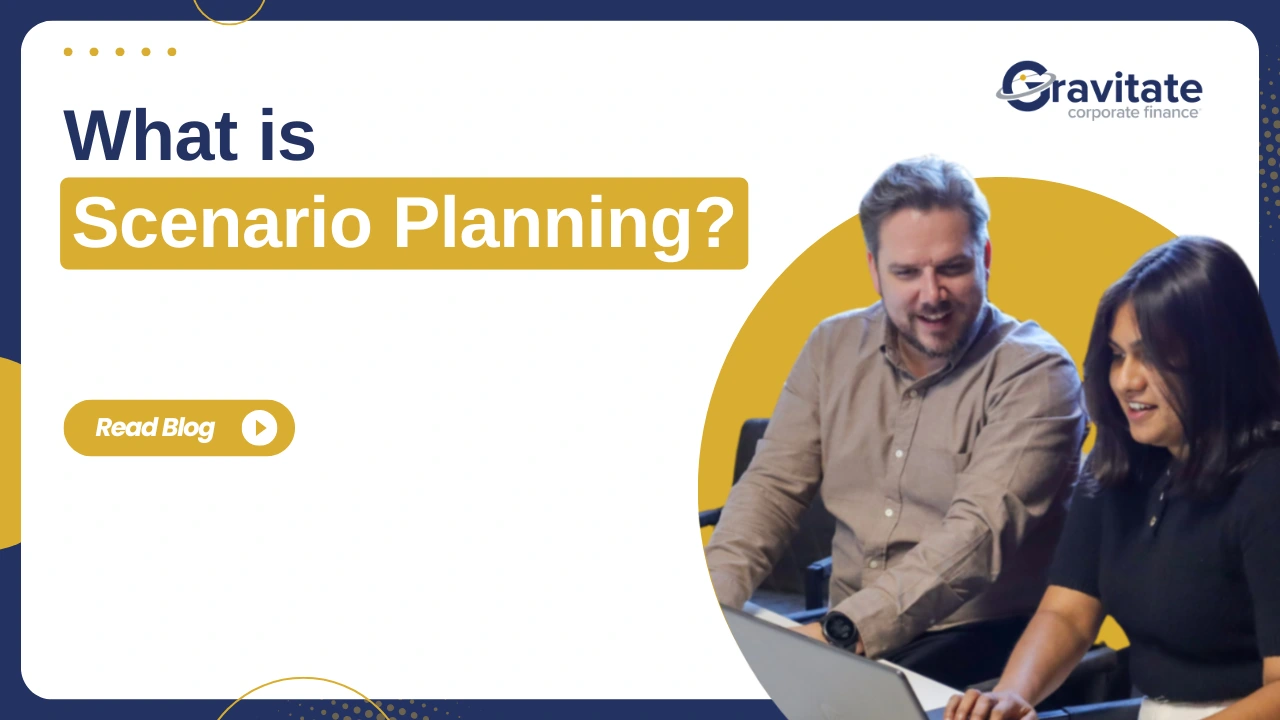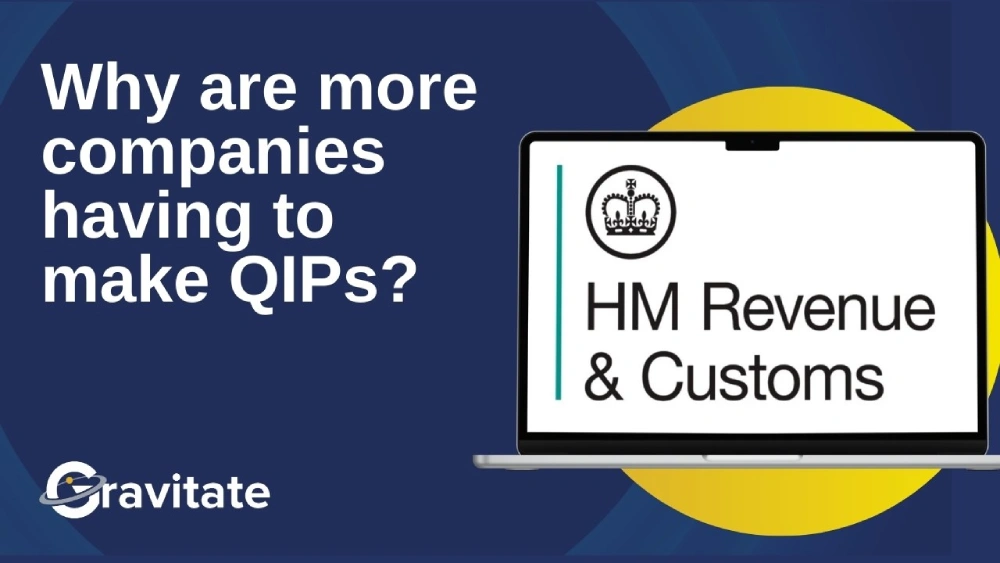Hospitality is a highly competitive industry featuring a host of unique challenges, including a relatively high proportion of cash transactions and a payroll typically much more complex than a typical office based business.
To succeed and grow in hospitality, you need to treat your finances with the same care and attention as customers. But that’s easier said than done.
The bottom line is if you can’t accurately track when and why money is coming in and going out of your business, you can’t make decisions confidently. The best tracking and insights come from Management Accounts.
What are Management Accounts for hospitality?
Management Accounts are special financial reports that are built to help business owners/leaders make financial and operational decisions.
They are a financial dashboard, featuring real-time stats on things like occupancy rates, average bill size, food cost percentages, supplier costs, etc.
There are some key differences between Management Accounts and your statutory Financial Accounts (the ones that are submitted at the year-end).
Why is this important for hospitality?
In hospitality, you need actionable insights, not just end-of-year reports. For example, if your food cost is spiking this month, you’ll want to know why. Was it spoilage, supplier hikes, or portion control issues? Only then can you respond appropriately.
Statutory financial accounting looks backwards, while management accounts are forward-looking. They help you plan, forecast, budget, and (if necessary) pivot quickly in response to new challenges.
How can management accounts be applied to hospitality businesses?
By their very nature, management accounts can be tailored to meet a wide range of business needs. They can be as broad or focused as you need, covering essential areas of decision making, including:
- Profitability by department, branch or product line
- Budgeting and forecasting to help with planning, particularly seasonally
- Cash flow monitoring to ensure liquidity
- Labour cost tracking, including overtime and shift work
- Cost-per-dish analysis and waste tracking
- Break-even analysis: how many bookings are needed to cover fixed and variable costs?
- VAT management
- Performance benchmarking vs the rest of your industry
- Stock inventory and control
- Cost allocation (like rent or energy) across departments or branches
- Scenario planning for crisis management.
Speaking of crisis management…
Could better information have helped more hospitality businesses through COVID-19?
When the COVID-19 pandemic hit and lockdowns came into force, hospitality was hit extremely hard. Many businesses were flying blind financially in extraordinarily difficult circumstances.
Such a sudden shock to the industry left many hospitality businesses scrambling to understand where they stood, and whether they would be able to survive.
Crucially, a lot of businesses that were already using management accounts weren’t scrambling for answers, because they already had them. The information they had enabled faster pivots, better cost control, and more sustainable survival strategies during one of the industry’s biggest modern crises.
The importance of “what-if” scenario planning
What happens if your revenue suddenly drops by 50%? What if your restaurant or bar is forced to close two days a week? The pandemic made these scenarios a sudden reality for the entire industry. Businesses with effective scenario planning models in place had plans ready to do, and didn’t have to be as reactive.
Decision making under pressure
COVID resulted in some very difficult decisions in hospitality, decisions like furloughing staff, renegotiating supplier contracts, or applying for grants and loans. With cost centres and profit margins broken down in management accounts, businesses can pinpoint where the bleeding was worst and make smarter, data-driven decisions.
Adapting business models
The hospitality businesses that did well throughout the pandemic were able to quickly pivot to other sources of income, such as online orders, meal kits or virtual cooking classes. Management accounts do a lot of the leg work here, helping quickly identify which revenue streams show promise, and which need to be paused.
Applying for financial support
Various COVID reliefs were available to business impacted by the pandemic, but these required businesses to provide clear, credible financial documentation. Regular management accounts mean a business effectively have these already, including monthly P&L statements, cash flow forecasts, and detailed breakdowns to support applications.
The bottom line
Management accounting is a high-value advisory service that, while not legally mandated, can deliver a big return on investment for businesses who use them to their potential.
The customisation and detail of these reports, paired with their regularity, provides clarity, control and improved decision making.
In an industry with tight margins, fierce competition and high exposure to industry shocks, we believe management accounts are a secret weapon, because they provide the clarity, control, and financial foresight needed to improve decision-making, boost efficiency, and deal with crises before they can put your business at risk.
If you would like to learn more about Management Accounts, please send us a message!

.png)


.png)

.png)
.png)

.png)
.png)
.png)













.png)
.png)
.png)

.png)
.png)

.png)








.webp)
.webp)








.jpg)

.webp)
.png)

.svg)
